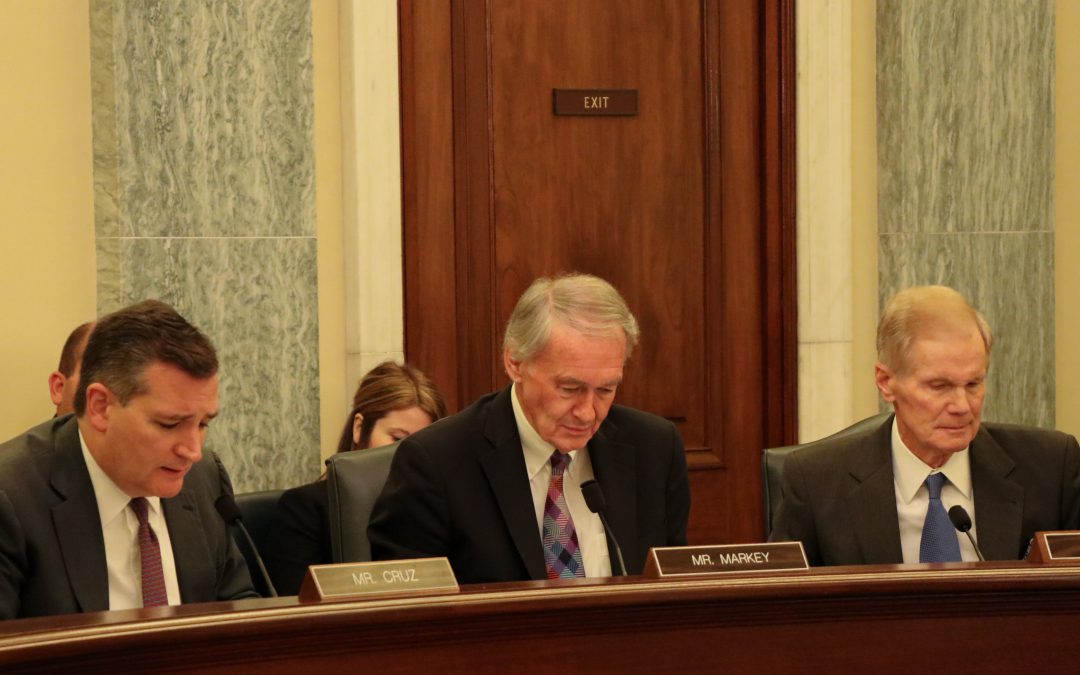WASHINGTON, July 26 (UPI) — Senators criticized NASA Wednesday for not spending enough money on the Trump administration-backed mission of sending humans to Mars in near future — urging the agency to make “tough decisions” and focus more on Mars than the moon.
The $20 billion budget proposed by NASA for fiscal 2019 does not include development of a Mars transport vehicle, but does lay out multiple moon-related efforts.
NASA’s plan strays from the goal of putting a human on the red planet by 2033, which is stressed in the Transition Authorization Act of 2017 President Donald Trump signed.
“NASA is moving on major acquisitions like the development of a large lunar lander. What gives?” Sen. Bill Nelson of Florida said at a hearing of the Senate Subcommittee on Space, Science, and Competitiveness Wednesday. “We need to make sure we’re making smart choices about the priorities. We don’t have the luxury of having near 5 percent of the federal budget going to NASA as it was in the time of astronauts [Neil] Armstrong and [Buzz] Aldrin.”
Video by Xiaozhang (Shaw) Wan
Meeting with the National Space Council last month, Trump said his administration aims to “establish a long-term presence” on the moon, to lay a foundation for an eventual Mars mission.
NASA hasn’t sent a manned mission to the moon since 1972, after having landed there on eight previous occasions. When he took office, Trump emphasized his desire to return to the lunar surface.
Whether NASA can reach Mars by the 2033 deadline, though, is unclear. The space agency has been months late in coming up with a step-by-step plan, as required by law.
“We need to help NASA lift its gaze past the moon and understand how the work we do in space closest to Earth will serve us in our quest for Mars,” Sen. Ed Markey, D-Mass., said. “NASA and Congress will have to make tough decisions when it comes to funding.”
Experts say the absence of stable funding and a clear road map can lead to lapses in Martian exploration industries.
“If you don’t have the work for your people to do, they don’t stay on the team,” Tory Bruno, president and CEO of United Launch Alliance, a company providing spacecraft launch services, told lawmakers Wednesday. “Launch pads, tooling factory, that’s the most replaceable; know-how, expertise and experience, that’s very perishable.”
Keeping sustainable direction is crucial, experts add, for the aerospace industry to develop international partnerships for the human exploration of Mars.
“Our international partners want us to lead,” Explore Mars CEO Chris Carberry said. “They continually say at various events that they will follow along if they can see that we were actually leading the path, but they have concerns that we keep changing directions.”

